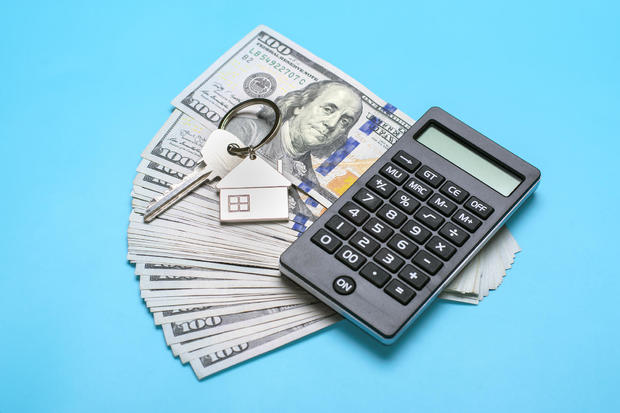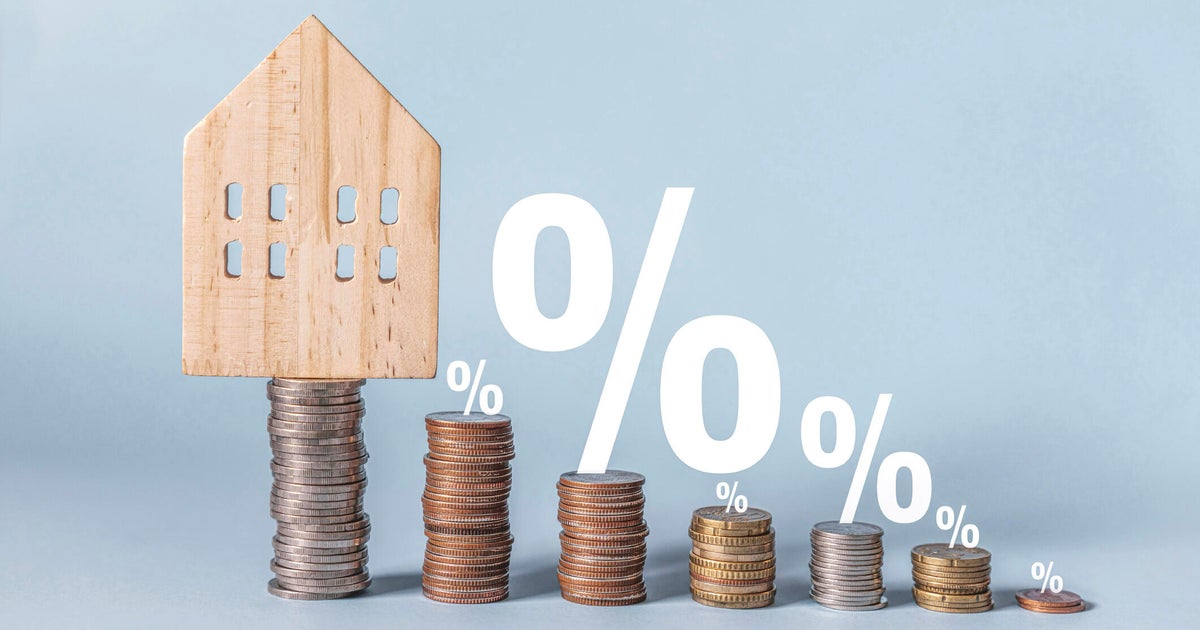How much money can you get from a reverse mortgage?
Reverse mortgages allow seniors to tap their home equity and turn it into cash. They can offer lump-sum payments, a line of credit (like a credit card) or even monthly payments — whichever suits your lifestyle and retirement goals best.
Exactly how much a reverse mortgage can offer you depends on a number of factors, as well as the lender you've chosen to work with.
If you're considering getting a reverse mortgage to support your retirement then speak with a mortgage expert today. They can answer any questions you may have and help determine an exact figure.
Factors that affect how much you can get from a reverse mortgage
Here's what will factor into your total loan amount.
Your home's value
The value of your home is one of the biggest factors in how much you can borrow with a reverse mortgage. Generally speaking, you can usually get somewhere between 40% to 60% of your home's appraised value. And the higher your home value is, the more money you can potentially access.
Your current mortgage balance
If you have a balance remaining on your main mortgage, your lender will require you to use your reverse mortgage proceeds to pay that off first. So, if your existing mortgage balance is significant, it could put a big dent in how much you're able to actually get from your reverse mortgage.
Age of the youngest borrower
Lenders use age to gauge how long you'll have the loan, how long it will accrue interest and how long it will be before they receive payment. Because of this, older borrowers enjoy higher loan limits than younger ones.
For example, a 62-year-old would be able to borrow significantly less than an 82-year-old would – on a $500,000 house at a 5.25% interest rate, the difference would be about $77,000.
Not sure how much you could qualify for? Speak to a mortgage specialist now to get an exact figure.
The type of loan you choose
Your loan type will play a role, too. Home Equity Conversion Mortgages (HECMs) are a type of government-backed reverse mortgage and come with established limits. Currently, this limit is $980,700, though it changes annually.
Proprietary reverse mortgage programs — loans unique to the lender offering them — can exceed these limits and potentially offer much higher loan amounts. Some lenders offer proprietary reverse mortgages of up to $6 million.
The payment type
The type of payments you choose — sometimes called distributions — also factors in. Lines of credit, which allow you to withdraw funds over time like a credit card, tend to offer the highest amounts, while lump-sum payments offer the smallest. You can also choose monthly payments, which fall somewhere in the middle.
Current interest rates
Market interest rates are an important consideration, too. If rates are low, that means less interest is added to the loan over time, and lenders will typically offer you a higher loan amount up front. Conversely, if rates are high, loan amounts tend to be lower.
Closing costs
Reverse mortgage loans have closing costs just like traditional mortgages, and you'll pay them out of your loan proceeds. This means the higher your closing costs are, the less you'll have to borrow. It's also why shopping around for your reverse mortgage is important! Use the table below to get started.
Reverse mortgages have drawbacks
A reverse mortgage can often be a smart way to support your goals in retirement, but they do have some drawbacks. If you're unable to stay current on your property taxes and home insurance, for example, the lender could foreclose on your home. Reverse mortgages also complicate things for your future heirs, so that's something you should consider, too.
If you're not sure whether a reverse mortgage is a good fit for your goals, speak to a financial adviser or mortgage professional. They can walk you through the pros and cons of your unique situation.




